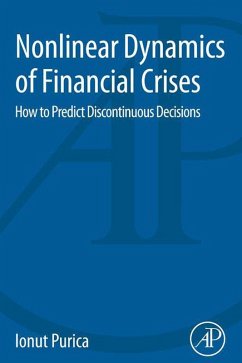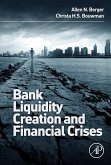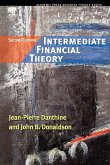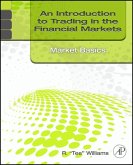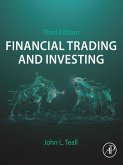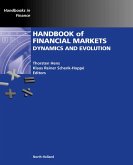- Makes complex economics ideas accessible by carefully explaining technical terms and minimizing mathematics and equations
- Delivers easily-understood perspectives about the global economy by constructing broad assumptions and conclusions in the face of its infinitely complexity
- Challenges received economic ideas by focusing on human behavior and the roles it plays in easily-observable recent trends and events
Dieser Download kann aus rechtlichen Gründen nur mit Rechnungsadresse in A, B, BG, CY, CZ, D, DK, EW, E, FIN, F, GR, HR, H, IRL, I, LT, L, LR, M, NL, PL, P, R, S, SLO, SK ausgeliefert werden.
"Dr. Purica provides a unique perspective on the life-cycle of financial crises. By equating financial instruments to 'memes' he provides new insight into the evolutionary dynamics of financial innovation. His illustration using CDO's and the recent financial crisis is one specific application of this approach that I think many will find interesting." --Michael B. Imerman, Lehigh University

